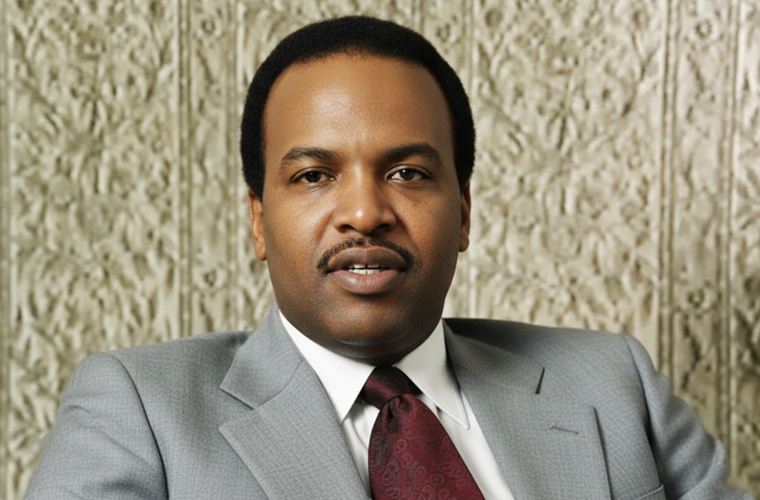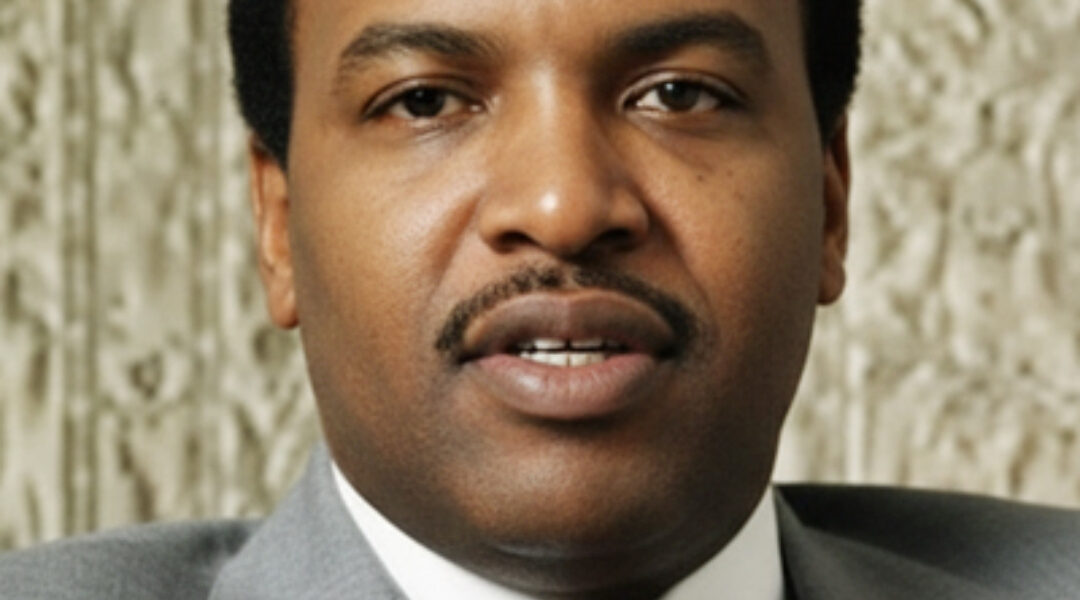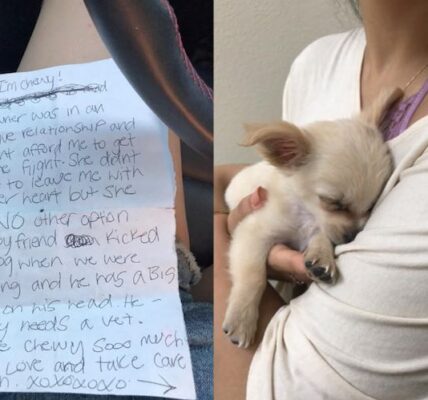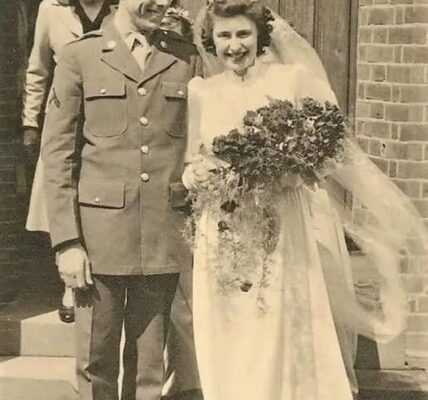The Informant Who Burned the Truth: One Man’s Confession from Inside the FBI’s War on Black America.
He was a young man when they found him — desperate, cornered, and terrified.

His name was Perry, and by the time the FBI came knocking, he had already seen what happens to those who say no.
They didn’t offer him a job. They gave him a choice.
Work for us, or we’ll make sure you disappear.
That was how his seven years as an FBI informant began — not out of loyalty or ambition, but survival.
The Man Who Betrayed His Own People
In the late 1960s, Black America was rising. From Harlem to Watts, from college campuses to church basements, people were organizing — fighting for equality, for dignity, for the right to live without fear. The Black Panthers were feeding children when the government wouldn’t. The Black Student Union was giving voice to a generation. The Watts Writers Workshop was turning pain into poetry, hope into art.
To the FBI, that kind of power — Black power — was dangerous.
So they turned to men like Perry.
Under threat and coercion, he infiltrated these spaces, wearing the mask of a friend while secretly serving as the agency’s eyes and ears. He attended meetings, gained trust, and quietly reported every word back to Washington.
At first, he told himself he was just doing what he had to do. But over time, the weight of what he’d become began to crush him.
The Night the Words Burned
Of all the things he did for the FBI, one memory haunted him the most: the night they made him destroy the Watts Writers Workshop — a thriving center of creativity built after the riots, a place where young Black poets and artists finally had a home.
They called it “an assignment.” Perry called it what it was — an order to erase hope.
He was told to burn it down.
And he did.
As the flames devoured the walls, he stood in the shadows, watching the light of the community’s dreams turn to smoke. He could still hear the laughter, the rhythm of typewriters, the sound of people daring to imagine something better.
That night, something inside him burned too.
A Man Haunted by His Silence
By the time the 1970s came, Perry couldn’t do it anymore. He’d seen too much — the manipulation, the lies, the cold efficiency with which the FBI dismantled every voice that rose to challenge white supremacy.
He had seen lives destroyed — Black Panthers framed, artists blacklisted, student leaders imprisoned on fabricated charges. And when Martin Luther King Jr. and Malcolm X were murdered, he began to suspect that the FBI’s hands weren’t clean there either.
So he did what few dared to do. He walked away.
But walking away didn’t mean walking free. For years, he carried the guilt like a shadow. Until one day, he found a way to make it mean something.
Breaking the Silence
Perry met investigative journalist Gil Noble, one of the few reporters willing to listen. In a small studio, under dim lights, Perry told everything.
He spoke of infiltration, of destruction, of how the FBI systematically tore down any Black man or woman who dared to rise too high, speak too loudly, or inspire too deeply.
“They didn’t just go after leaders,” he said. “They went after anyone who could become one.”
He revealed the truth behind the agency’s so-called “COINTELPRO” program — a campaign designed not to protect America, but to preserve its power structure. The FBI monitored, blackmailed, and silenced anyone who represented hope for change.
J. Edgar Hoover had called it “national security.” Perry called it what it was — war on Black excellence.
The Cost of Telling the Truth
By speaking out, Perry became a target again — not of the movements he had betrayed, but of the government he had once served. Friends disappeared. Phones were tapped. He lived knowing that the same agency that had created him could easily erase him.
But for the first time, he wasn’t hiding.
He wanted the world to know that the destruction of Black communities wasn’t accidental — it was orchestrated. That the imprisonment of activists wasn’t justice — it was control.
He wanted people to know that for every face in a protest photo, there was often an informant in the crowd, placed there by the same system that pretended to protect them.
The Legacy of His Confession
When Perry’s interviews were finally made public, they shocked the nation — not because people didn’t suspect these things, but because they finally heard it from someone who had been inside.
He named names. He spoke of orders to sabotage, to infiltrate, to manipulate the press. He spoke of assassinations — King, Malcolm, Garvey, Shakur — all leaders who threatened to unite and empower the oppressed.
He said something that still echoes today:
“If you are Black, and you are powerful, you are a target.”
Perry’s confession was both a warning and a plea. A warning to those who believe oppression ended with segregation — and a plea to those who still dare to speak truth to power.
He knew that the FBI’s campaign didn’t end with him. It changed names, evolved, hid behind new laws and new language. But the mission — control — remained the same.
And though he died with guilt heavy on his soul, Perry’s final act was one of courage.
He turned his betrayal into truth — his silence into testimony.
Because sometimes, the most powerful revolution isn’t the one that begins with a shout.
It’s the one that begins with a confession.




